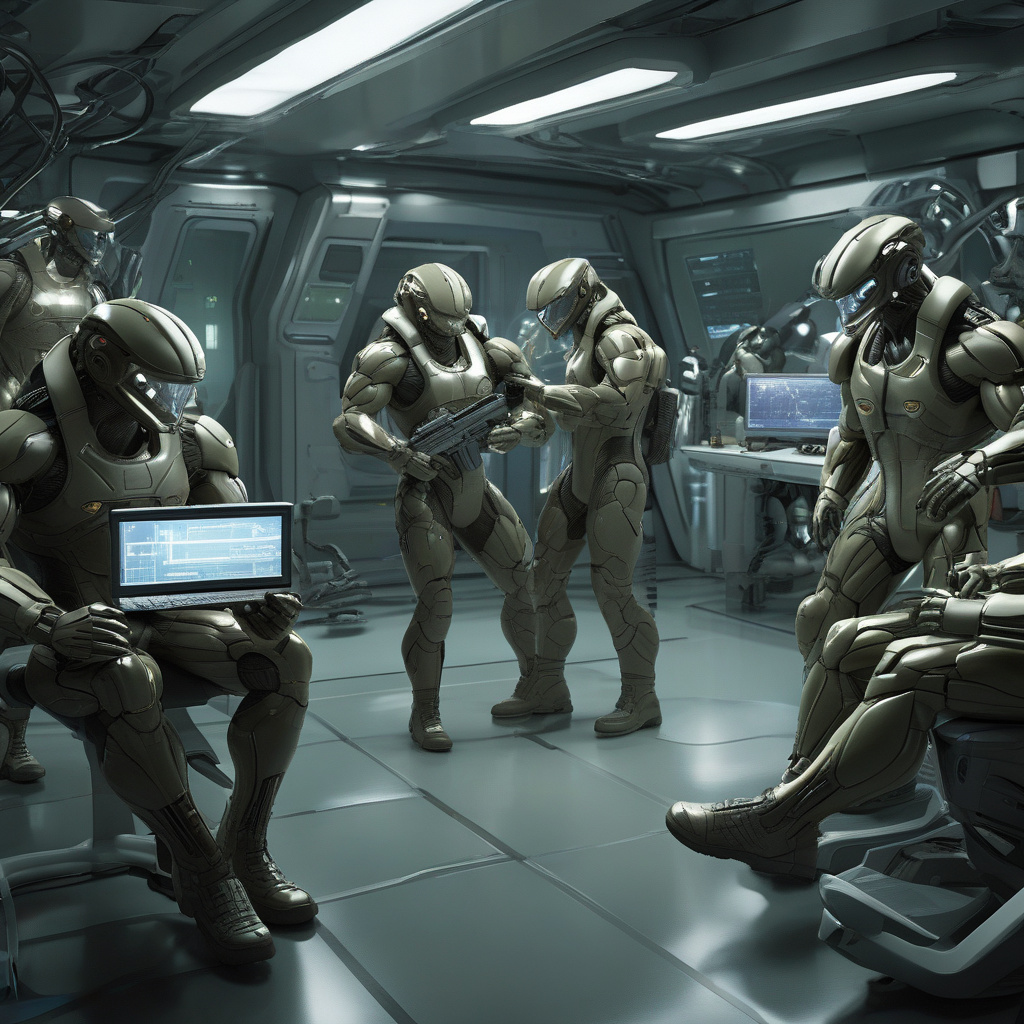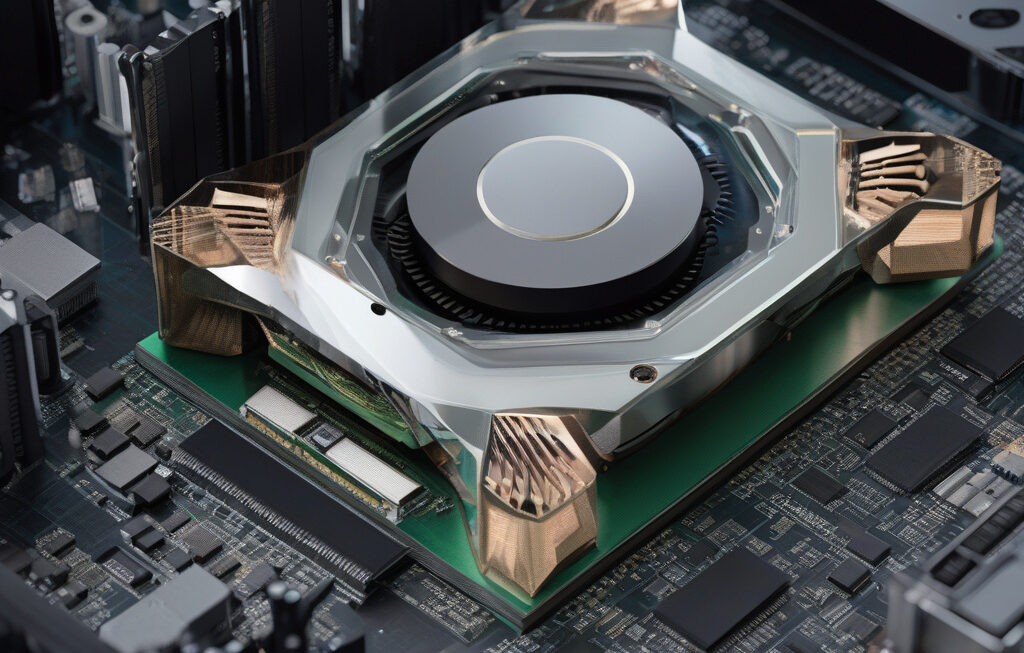Gene-Edited Super-Soldiers with AI Power: The Growing Concern of US Intelligence
The United States faces a critical inflection point as China accelerates its push to dominate the field of biotechnology and artificial intelligence. A recent US intelligence report has raised alarming concerns about China’s potential to create gene-edited super-soldiers infused with AI capabilities, posing a significant threat to global security and stability.
The concept of gene editing and AI integration in the military realm is not entirely new. Countries worldwide have been exploring the potential applications of these technologies to enhance the performance and capabilities of their armed forces. However, the idea of gene-edited super-soldiers with AI power takes this technological arms race to a whole new level.
China’s aggressive pursuit of biotechnological advancements, coupled with its growing expertise in artificial intelligence, has put the country at the forefront of this futuristic military endeavor. The ability to manipulate the genetic code of soldiers to enhance their physical and cognitive abilities, combined with AI systems that can augment decision-making processes on the battlefield, presents a formidable challenge to the existing world order.
The US intelligence report highlights the ethical, legal, and security implications of China’s potential development of gene-edited super-soldiers. Beyond the immediate military threats, such advancements raise concerns about the violation of international norms, the erosion of human rights, and the potential for an escalation of conflicts with unpredictable consequences.
One of the key concerns raised by the report is the lack of transparency and oversight in China’s research and development efforts in the field of biotechnology and AI. The secretive nature of these programs makes it difficult for the international community to assess the true extent of China’s capabilities and intentions, leading to a sense of uncertainty and unease among US policymakers and military officials.
Moreover, the prospect of gene-edited super-soldiers raises profound ethical dilemmas regarding the fundamental nature of warfare and the human condition. By blurring the lines between man and machine, biology and technology, China’s pursuit of these technologies challenges our traditional understanding of conflict, morality, and the limits of human enhancement.
In response to these emerging threats, the United States must reassess its own research and development priorities in biotechnology, AI, and national security. Investing in cutting-edge technologies, enhancing collaboration between the public and private sectors, and strengthening international partnerships will be essential to maintaining America’s strategic edge in an increasingly complex and competitive global landscape.
As the race for gene-edited super-soldiers with AI power heats up, the United States must remain vigilant, proactive, and adaptable in the face of evolving threats. By understanding the risks and opportunities presented by these emerging technologies, the US can navigate the challenges of the 21st century and uphold its commitment to freedom, democracy, and peace.
In conclusion, the specter of gene-edited super-soldiers with AI power represents a new frontier in the age-old struggle for military supremacy. As China advances rapidly in this domain, the United States and its allies must rise to the challenge, lest they be left behind in a world where the line between science fiction and reality is increasingly blurred.
China, US Intelligence, Gene Editing, AI Power, Global Security












